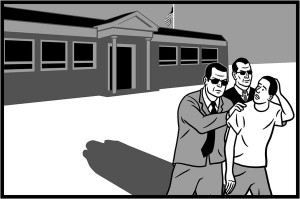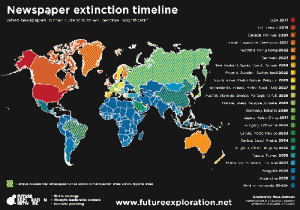Lawrence Goodwyn: The Great Predicament Facing Obama
An interview with legendary historian Lawrence Goodwyn on Obama, the larger currents in our political life, and the possibility of a rebirth in our democratic culture.
October 30, 2010
What happened to the dream of Barack Obama's transformational politics? There's been very little deviation from the disastrous Bush years on the key issues of war, empire and the distribution of wealth in the country.
I turned to Lawrence Goodwyn, historian of social movements whose books and methods of explaining history have had a profound influence on many of the best known authors, activists and social theorists of our time. Goodwyn's account of the Populist movement, Democratic Promise, is quoted extensively by Howard Zinn in People's History of the United States, and also in William Greider's masterpiece on the Federal Reserve, Secrets of the Temple. You can find Goodwyn quoted in the first paragraph of Bill Moyers' recent book, On Democracy, and cited in just the same way in countless other books and essays.
I interviewed Goodwyn from his home in Durham, North Carolina about the pitfalls of recording American history, Obama's presidency in light of previous presidents, and portents of change in our political culture.
Read Full Long Interview Online….
Contributor John Steiner says:
This is a remarkable, long, worth reading every word interview, in which Goodwyn compares Obama favorably with Lincoln and recounts the history of the financial elites in America. His concluding sentences: ³Strap on your
seat belts, Jan (Frel). The election in 2012 is going to define the meaning of the American idea.
Phi Beta Iota: There are two major flaws with this Democratic Party love-fest: 1) the Democrats are just as corrupt as the Republicans, just more inept; and 2) Obama will not get a second term because he sold out–anyone who had Rahm Emanuel as his “enforcer” and that still has Axelrod as his advisor,while also installing a Goldman Sachs lobbyist as “national security advisor,” is part of the existing system, not its antithesis. Independents and Electoral Reform (13 Steps) will produce the outcome Goodwyn posits, not Obama and not the Democratic Party.
See Also:
Worth a Look: Book Review Lists (Positive)
Worth a Look: Book Review Lists (Negative)







